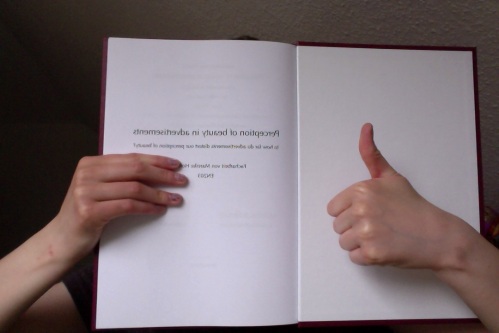THE WORLD IS SPIKY
In October 2005, Richard Florida published an article called “The World is Spiky” in “The Atlantic Monthly”. He is also the author of “The Flight of the Creative Class” and a professor at George Mason University.
In this article the author concradicts Thomas L. Friedman’s book “The World Is Flat” and his thesis, the world is being flatened through globalization which makes it easier to travel, trade and communicate.
Florida has the opinion, the world is spiky because of peaks that are carried with the globalization. They symbolize cities that lead the world economy.
He points out that in urban areas happens a “clustering” which means that people move to agglomeration that cause metropolises and so-called “megacities”. Since more people live in those certain areas, they have more influence to economy.
Besides that, the author explains that the light emissions correlate with the economic activity as well as that innovations are not made all over the world but in some areas of the world like in the US, western europe and China or Japan.
The negative site of the peaks is that they affect the growing divide of poor and rich and only a few leading cities drive the world economy which causes another divide between countries, in particular, the difference between industrial and developing countries
